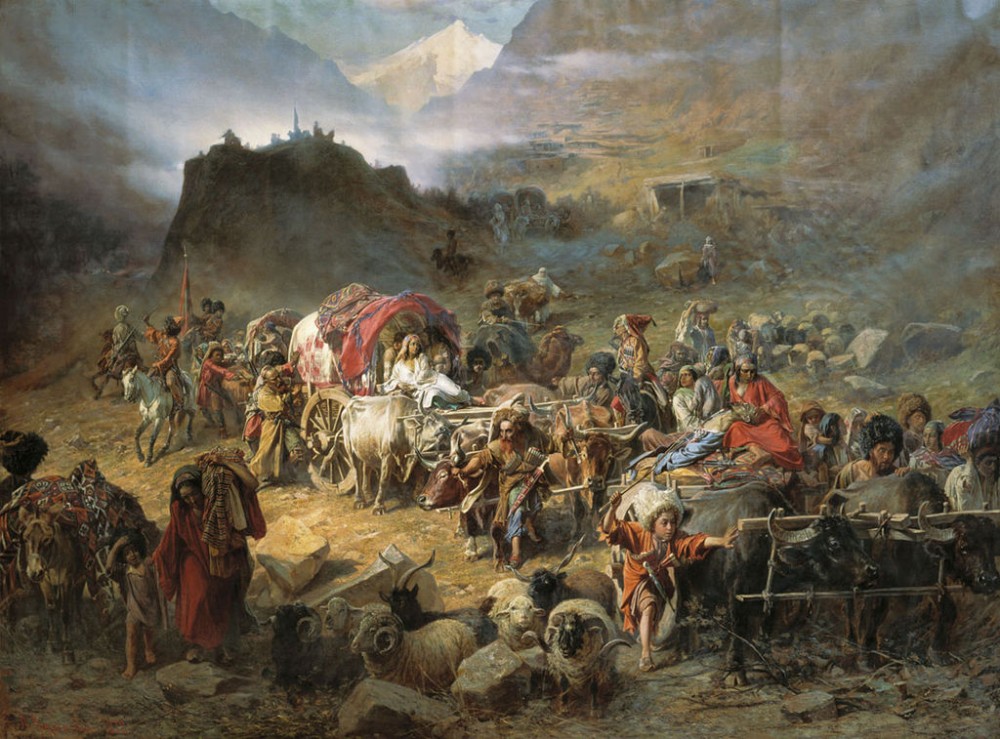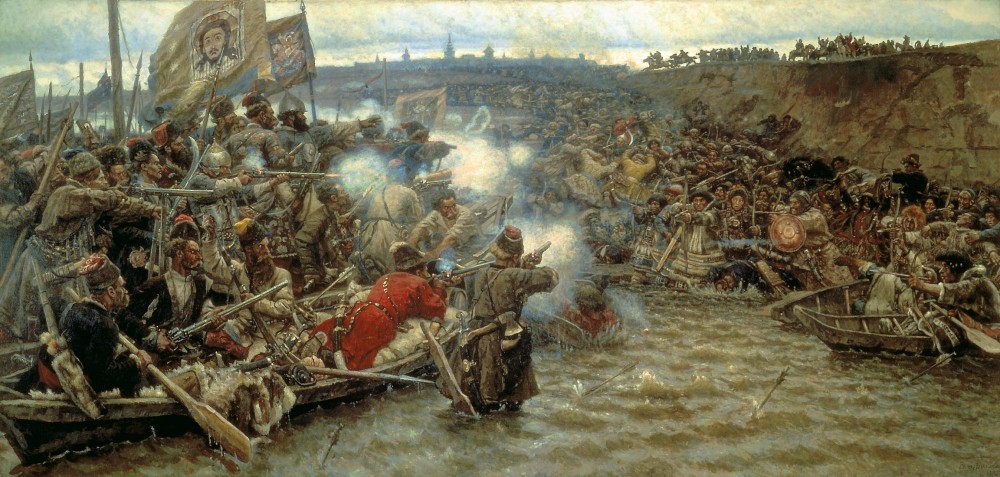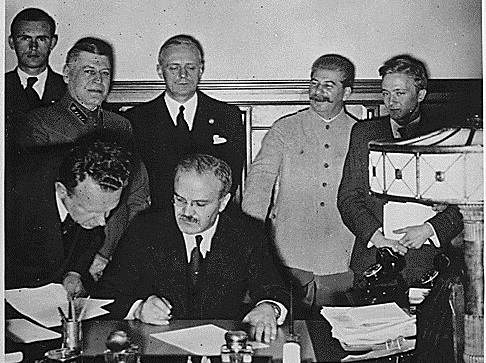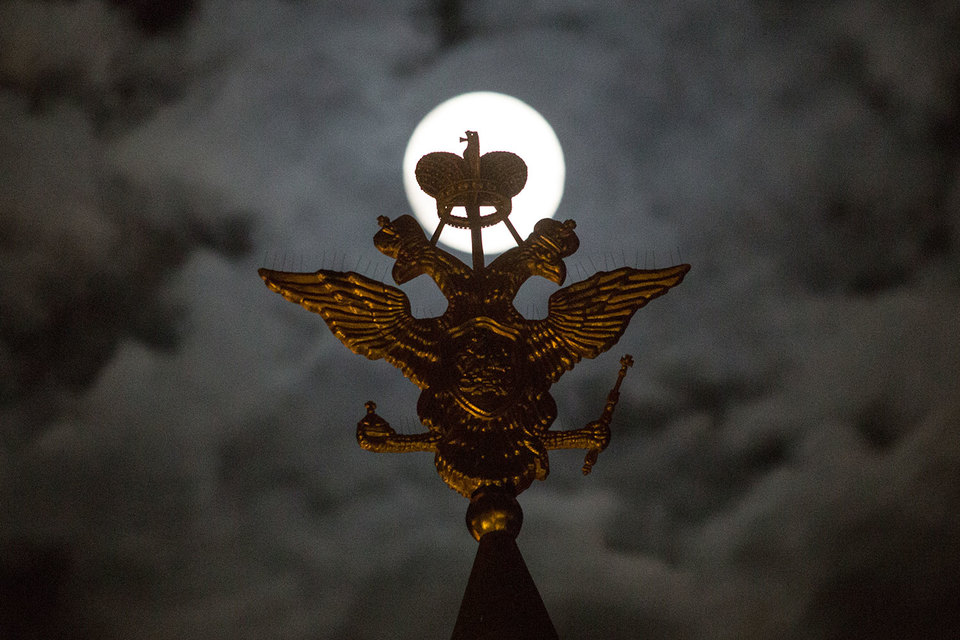Russian leaders like Vladimir Putin routinely denounce others as Russophobes, but most of those they target do not hate or fear the Russian people, Sergey Kornyev says. In fact, the real Russophobes are those in the Kremlin itself who seek to impose a single “Muscovite” definition of Russians by suppressing their diversity.
On the AfterEmpire portal, the commentator suggests that this isn’t always obvious because the Kremlin likes to talk about Russia as “not ‘simply a country’ but a whole unique civilization,” something that appears to elevate them above a mere nationality to a status equivalent to that of Europe or Islam.
But that notion, which forms the basis of “Russian fundamentalism in all its forms,” should mean that the Kremlin would accept the diversity within Russia’s population which is the basis and source of strength of all civilizations. But that is exactly what the rulers in Moscow have not, cannot and will not do, at least within Russia.
“Moscovite ideologues love to talk about multi-polarity ‘at the world level,’ but as soon as the conversation shifts to Russia, they fall silent,” Kornyev says. They are unwilling to grant to Russia this diversity which they insist is an attribute of a civilization which they insist it forms.
The Kremlin and its adepts acknowledge diversity within Russia only in terms of the ethnicities they recognize, but they insist that each of these, at least when it suits them, is “an indivisible atom.” And they apply that model to ethnic Russians as well insisting that there is a single Russian culture and it is one that Moscow has the exclusive right to define.
That means that the 70 regions of the country with predominantly ethnic Russian populations are left in “the role of cultural colonies of Moscow” and have fewer rights to define who and what they are and want than do many smaller nations who at least on paper are granted the right to their own cultural identity.

It is a good thing that such peoples have that right, Kornyev says; but “why do the 1.5 million residents of Ryazan oblast not have the right” that a few thousand Evenks do? And why should they accept Moscow’s insistence that there is “only one variant of Russianness and one variant of Russian culture” and that this is what they get from Moscow?
In reality, if one views Russia as a civilization, he continues, then “any ethnic Russian region is capable by its level of uniqueness and self-consciousness to rise to the level of countries and regions of Europe. Any of them can acquire their own face and their own voice.” And they should be allowed to do so.
“Instead of one Russian culture and lifestyle, there could exist a powerful and complex system of 70 Russian cultures, 70 Russian national lifestyles, and 70 Russian identities.” Historically, they existed, but they were suppressed by Moscow’s military conquest and political repression.
It is often forgotten that “Moscow fought with Ryazan over several centuries, longer and in a bloodier fashion than with Chechnya and emptied this land more completely than did the Tatars.” Novgorod was destroyed as were so many other centers not by their own peoples but by Muscovy.
The unification of Russia “from the Baltic to the Pacific” was not “’the natural product of the Russian soul,’ but the result of an extremely harsh centuries-long policy of the central authorities.” These powers justified their actions by saying that this was the only way to prevent Russia from being absorbed by others.
Muscovite “conquistadors” behaved like their Spanish counterparts in Latin America, but their actions raise the question: “Are such ‘defenders’ who behaved more harshly to their own than the enemies really needed?” It is possible that Moscow did prevent parts of the country from falling under one kind of alien rule but only by imposing another kind, its own.
The outcome of this story is “before our eyes,” Kornyev says. “Instead of a multi-polar system rich in possibilities, we have a common faceless space which has lost the will to life and is continuing to degrade.” Only by restoring the complexity and diversity within the Russian people is there a better way forward.
“In order to return human dignity to themselves, Russians living in various regions must acquire their own face and build their, where they live a full and vital milieu,” the commentator says. “In each region, this will be done in its own way. Such a project is capable of giving rise to a multitude of new spheres of vital energy.”
Tragically, at least at present, the Russophobes in the Kremlin are doing everything they can to prevent this.
Related:
- Russia was and remains a ‘prison of nations,’ Moscow writer says
- Putin’s Russian Guard is true ‘heir to the NKVD,’ its deputy commander says
- Ukrainian conflict is between ‘heirs of Kyivan Rus’ and ‘heirs of Golden Horde’
- Russian journalist Valeriy Solovey: What Russians don’t like about Ukrainians
- From federation to empire: how Putin paved the way to Crimea land grab
- For Russians, Ukraine is a South Korea to Russia’s North, Zhordan says
- 25 years on, evil empire is less big but no less evil, Yakovenko says
- ‘Russia is trying to be an empire but it ever more resembles a colony,’ Glukhovsky says
- Putin’s Russia well on its way to ‘criminal neo-totalitarianism’ with a ‘neo-terror’ and a ‘neo-GULAG,’ Pastukhov says
- Moscow’s Victory cult intended to keep non-Russians within an empire and former Soviet republics together, Ukrainian commentator says
- Seven reasons why Putin’s war in Ukraine is a turning point in Russian and world history





